VR training: is it effective for professionals and what are the limits
What if learning could be different? Since the Covid-19 crisis, many industries have adopted virtual

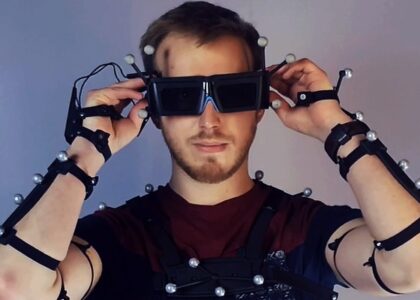
What if learning could be different? Since the Covid-19 crisis, many industries have adopted virtual
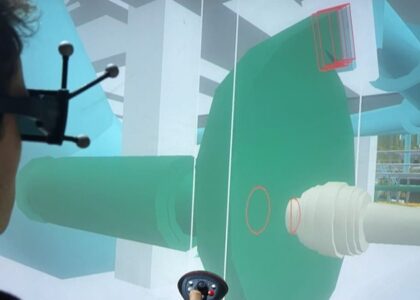
Collision detection is an essential aspect of AR / VR simulation. Does this new Ikea sofa you have an eye on really fit into that funky-shaped corner of your living room? This really is the question you would like answered when using the AR app on your tablet. Well, sometimes other industries have the same question when fitting machine-tools in factories.
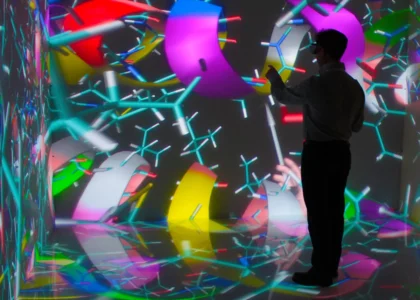
Immersive technologies play a crucial role in the pharmaceutical and healthcare industry worldwide. According to a report from Statista, the market for augmented and virtual technology in medicine and pharma will grow by $4.64 million by 2025 thanks to many advancements in the healthcare industry in recent years.

[SAVE THE DATE] Try the first AR collaboration session with ThinkReakityA3 at Immersive Global Summit.
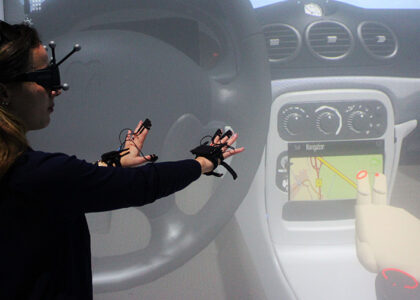
Many industries are adopting AR and VR technologies inside their processes. For most use cases, traditional handheld controllers are more than enough in product-design and production processes. But for some precise use cases, adding VR finger tracking and haptic feedbacks is a real game-changer.
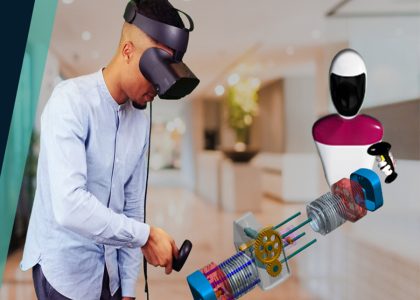
[SAVE THE DATE] Journées Portes Ouvertes TechViz 2022 à Paris
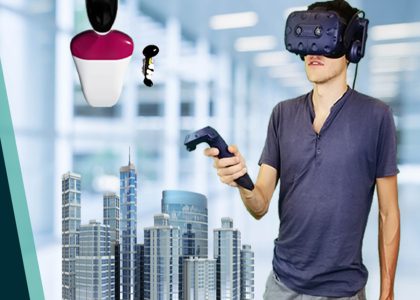
[Datum vormerken] Treffen Sie TechViz während des HTC Vive AEC Veranstaltung
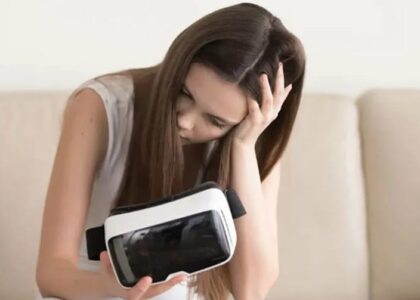
For some professionals, virtual and augmented reality is the wave of the future. For others,
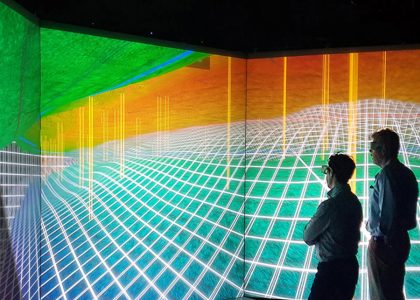
[SAVE THE DATE] Try a multiview CAVE at Oxford Brookes University VR Days.
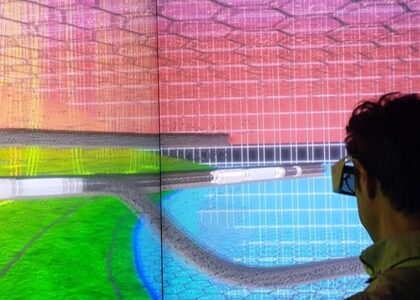
Many businesses have been using virtual reality to improve their processes for years. As a